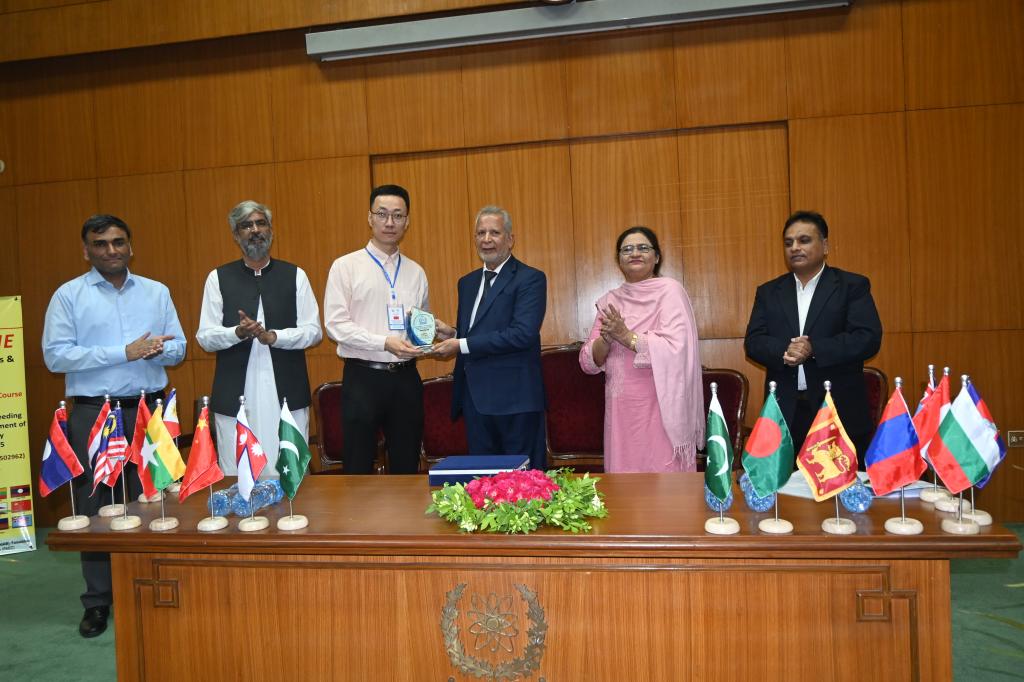In early October, Associate Researcher Dr. Kai Wang from the Faculty of Synthetic Biology and the Institute of Emerging Agricultural Technology at Shenzhen University of Advanced Technology (SUAT) was invited by the International Atomic Energy Agency (IAEA) as a dispatched international expert to Faisalabad, Pakistan, where he led a one-week regional training course titled “Regional Training Course on Advanced Mutation Breeding Techniques for Improvement of Nutritional Quality”. The training was organized by the IAEA and co-hosted by the Pakistan Atomic Energy Commission (PAEC) and its Nuclear Institute for Agriculture and Biology (NIAB), bringing together approximately 30 breeding experts and young researchers from 14 to 16 countries and regions.
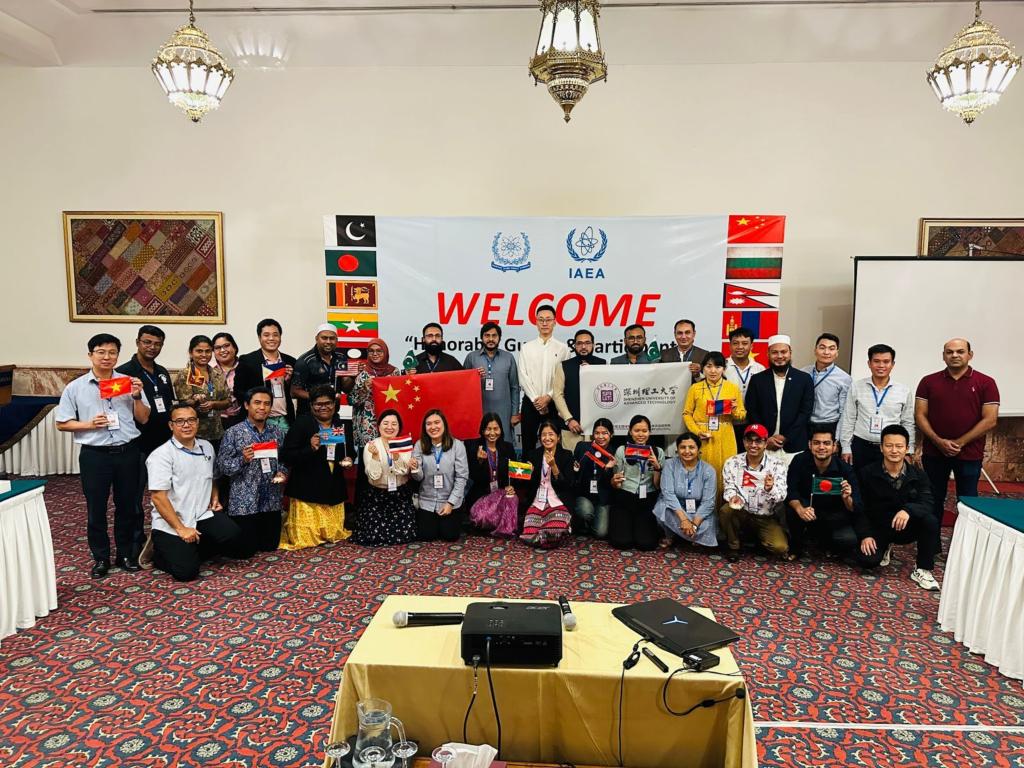
As one of the two lecturers, Dr. Kai Wang led all lectures and practical sessions in the second week. Starting from the global “hidden hunger” issue, he systematically compared the characteristics and limitations of traditional breeding techniques (such as hybridization and mutation) with modern molecular techniques (such as transgenics and genome editing), and proposed: Synthetic biology is expected to serve as a critical bridge enabling breakthrough progress in the next-generation of agricultural breeding. He further proposed a technical roadmap for the Future Breeding System: From Genome Editing to Metabolic Network Re-design”, pointing out that future agriculture should shift from pursuing “high yield and stress resistance” to “high nutrition and high functionality”, thereby establishing a synthetic-biology-based breeding paradigm that is “quantifiable, designable, and reconstructible”.
To promote the translation of theory into practice, Dr. Kai Wang focused on introducing the application of transgene-free CRISPR technology and metabolic pathway optimization strategies in crop nutrition enhancement, providing practical and cutting-edge “toolkits” for researchers from various countries. He also combined his team’s research achievements in vitamin B1 synthesis and detection, focusing on introducing a high-throughput detection logic based on optical and fluorescence absorption characteristics for nutritional phenotyping, which are invisible to human naked eyes. This technology enables large-scale, low-cost, high-throughput screening of specific nutritional metabolites without damaging the fruit, providing efficient and practically valuable solutions for resource-limited developing countries and crop mutation breeding.
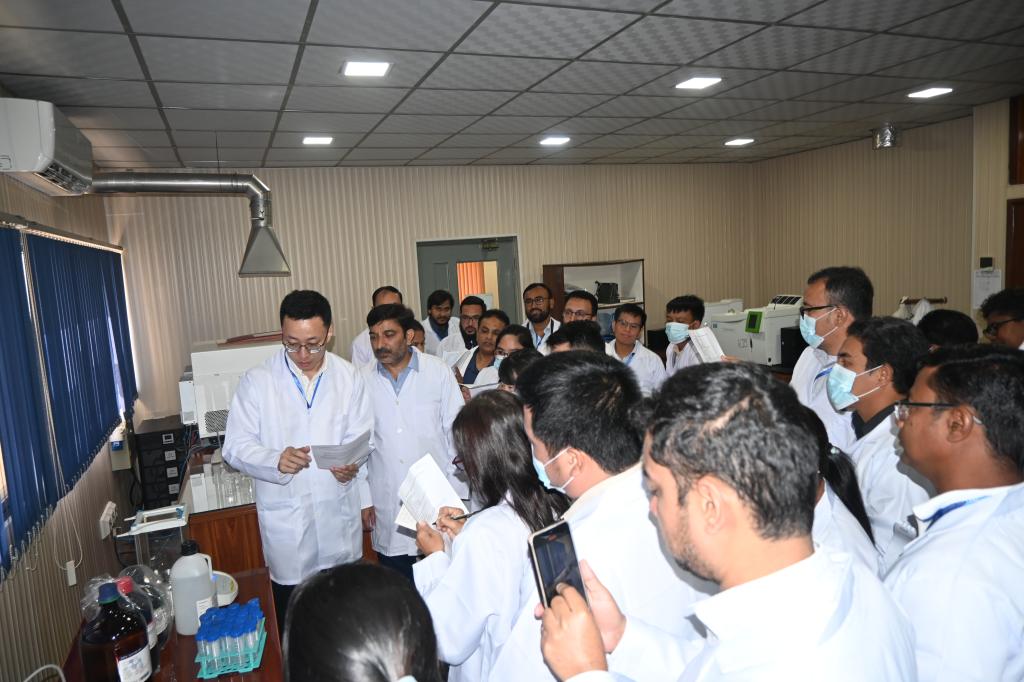
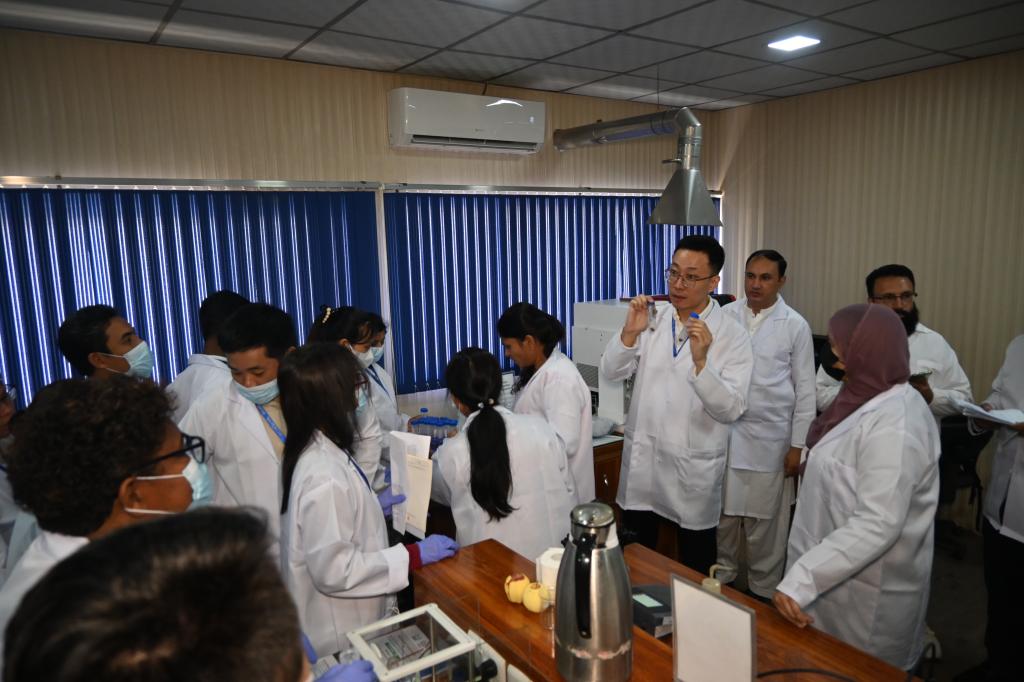
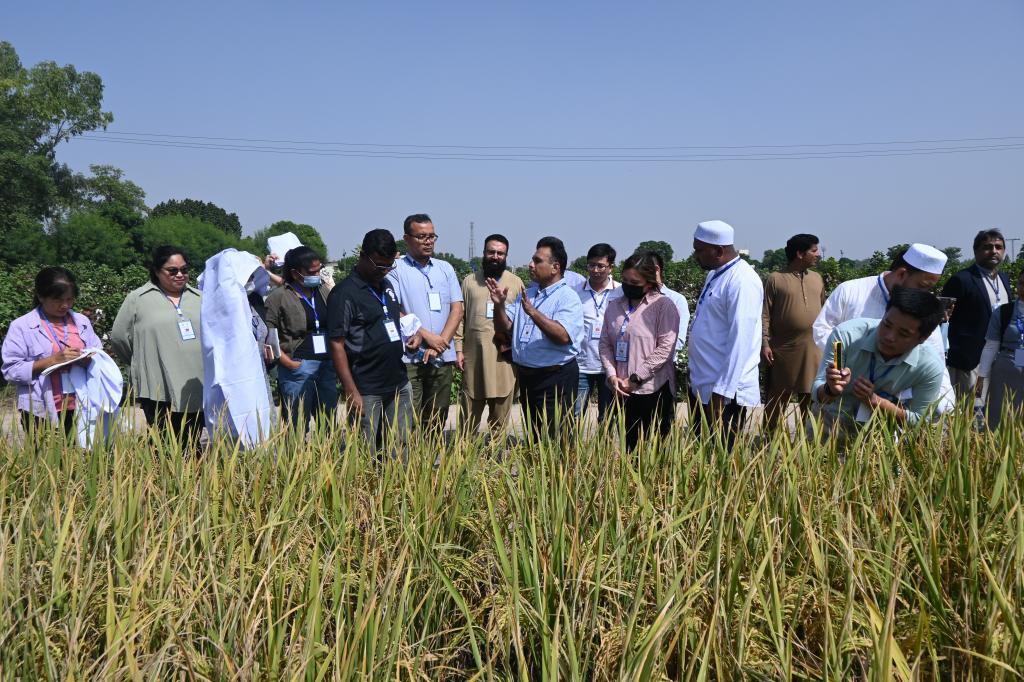
This training marks another important milestone for the Faculty of Synthetic Biology at SUAT in international cooperation and exchange, showcasing the faculty’s academic influence and leadership in the interdisciplinary field of synthetic biology and agriculture. This course was part of the IAEA Asia-Pacific Regional Technical Cooperation Project RAS5101, aimed at cultivating the systematic capabilities of regional researchers in nutritional trait improvement through comprehensive approaches such as mutation, biofortification, and molecular detection. Dr. Kai Wang’s lectures received extensive coverage by Pakistani government agencies and major media outlets, effectively enhancing the faculty’s international reputation in agriculture and plant synthetic biology, and laying a solid foundation for future high-level international cooperation and technology demonstration.
